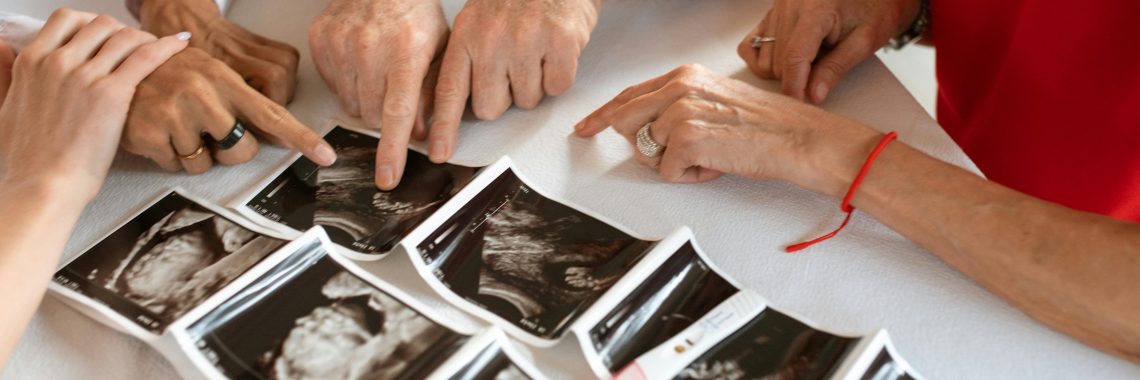Trust the Science on Life: Guest Column

The slogan “trust the science” has been used for years to push any number of causes, many of them controversial, from Covid policies to transgender medical practices. Used in substitution for making an argument, “trust the science” signals one’s intellectual credibility without having to prove it, preempting debate and shutting down any opposition. After all, how can one argue with Science?
At this point, it should be obvious to us all that those who most loudly repeat the mantra are also most likely to put ideology before science, not the other way around. Consider the policy and corporate profiteering enabled by claiming scientific consensus about human-caused global warming. Now, an increasing number of scientists question that global warming is even happening, much less is human caused. This, despite the extensive way that federal and state policy was reoriented around cutting carbon emissions.
Though scientists do not agree about climate change, it turns out they do (mostly) agree about when life begins. A 2021 survey found 96% of 5,577 biologists surveyed from 1058 academic institutions agree that human life begins at conception. This is the kind of consensus that activists on many other issues would love to have, but don’t. Shouldn’t our laws and public policies reflect this “science,” also? Wouldn’t scientists who agree that life begins at conception be calling for us to “trust the science” and oppose abortion?
No. In this area, when “the biology” collides with the cultural priorities of sexual freedom, there are two common responses. First is deflection, citing something about “women’s rights to their own bodies,” an idea about which the science we are supposed to trust has nothing to say. Second is an assertion that the preborn, while a human life, is not yet a person with moral status or rights.
Of course, in this context, the concept of personhood is utilized with no clear definition. And “the science,” which tells us when life begins, is also of no help here. What scientifically study-able aspect of a human being makes a person “a person”?
Different worldviews offer different answers to this, ranging from birth to self-awareness. And yet, in the end, it tends to be Christians who are accused of imposing their religious, non-scientific views through law by others who are imposing their own religious, non-scientific distinctions between a human being and a person.
The implications of this debate go well beyond abortion. Historically, whenever some humans are defined as non-persons, other humans are defined as non-persons. This is the story of how those with dementia, or Down Syndrome, or any number of other mental or physical conditions have been treated throughout much of history, including in much of the world today. Once the powerful assume the right to define which humans qualify as persons, whether by legal means or more broadly across a culture, the list always tends to be reduced further. This is the slope down which Canada is sliding, where assisted suicide has devolved from a rare option for the terminally ill to standard practice justified for almost any reason.
The essential question to anyone proclaiming, “trust the science,” is What is science? Is it a means, enabled by God’s common grace, for human beings to better understand and redeem a fallen world? Or is it a tool of control?
Science tells us that human life begins at conception. Both natural law and biblical ethics teach that every human life is valuable. The best way forward, then, is to see every human being as having rights that should be protected, from the beginning of life to natural death. This is an area in which we should definitely “follow the science.”
Copyright 2025 by the Colson Center for Christian Worldview. Reprinted from BreakPoint.org with permission.




